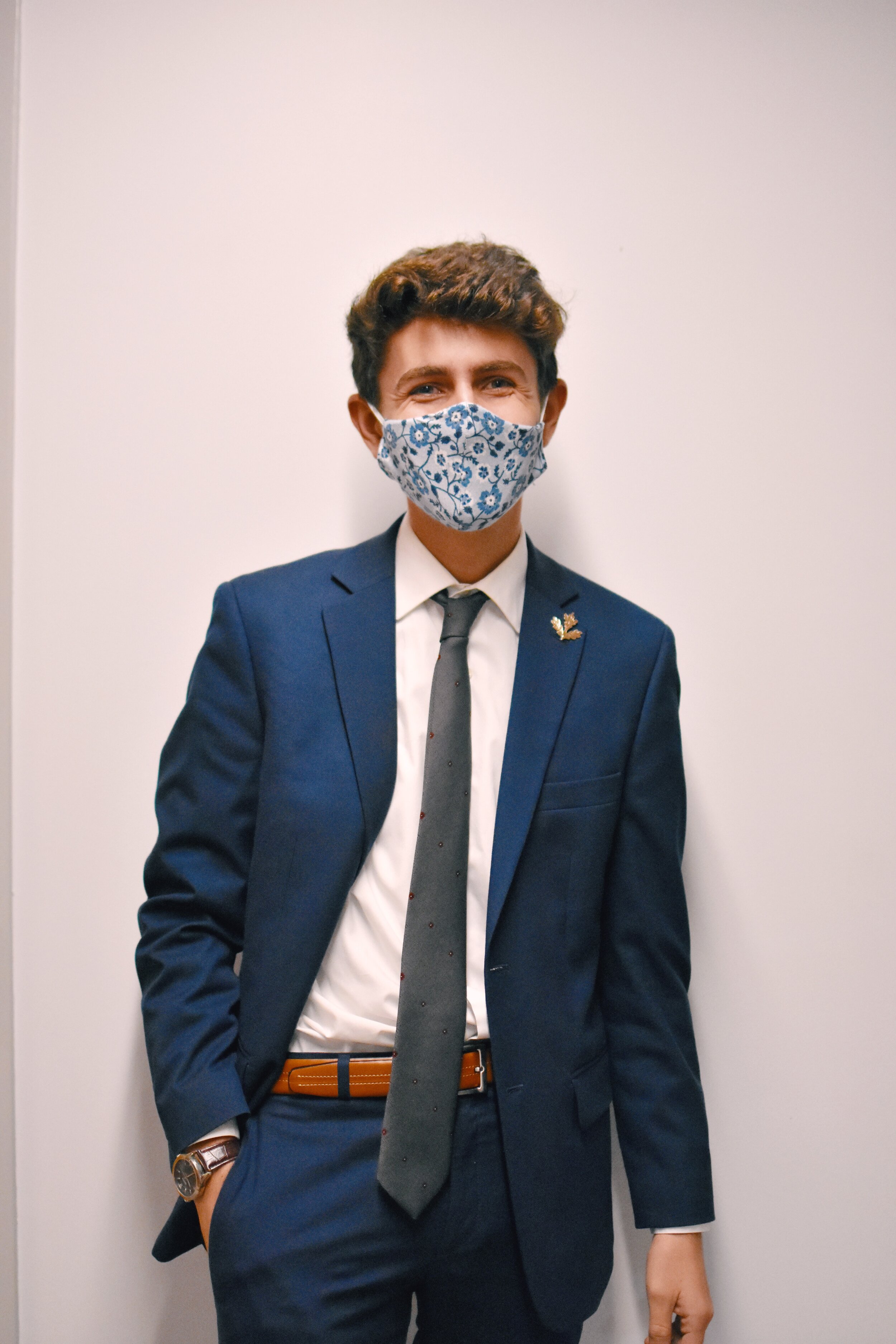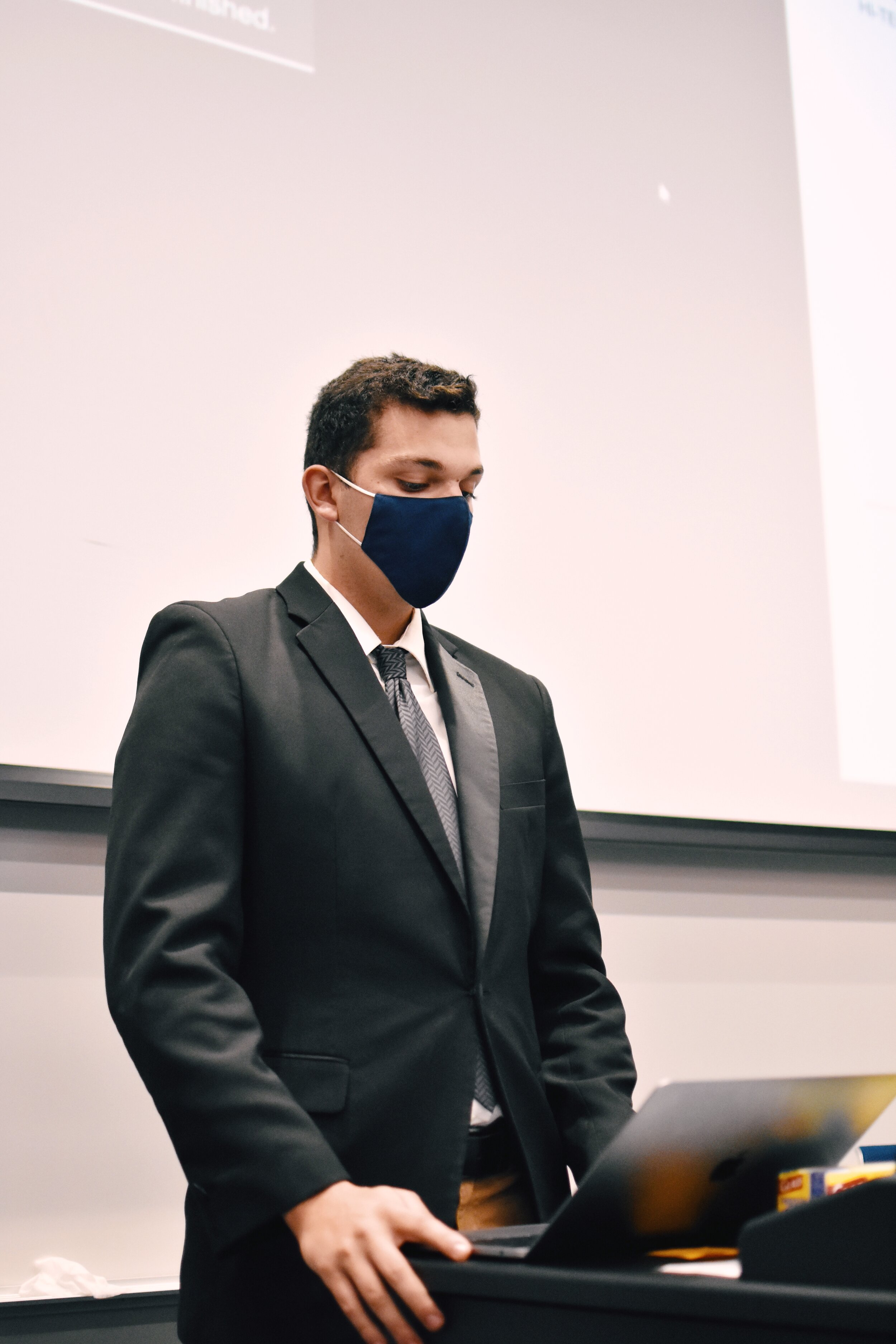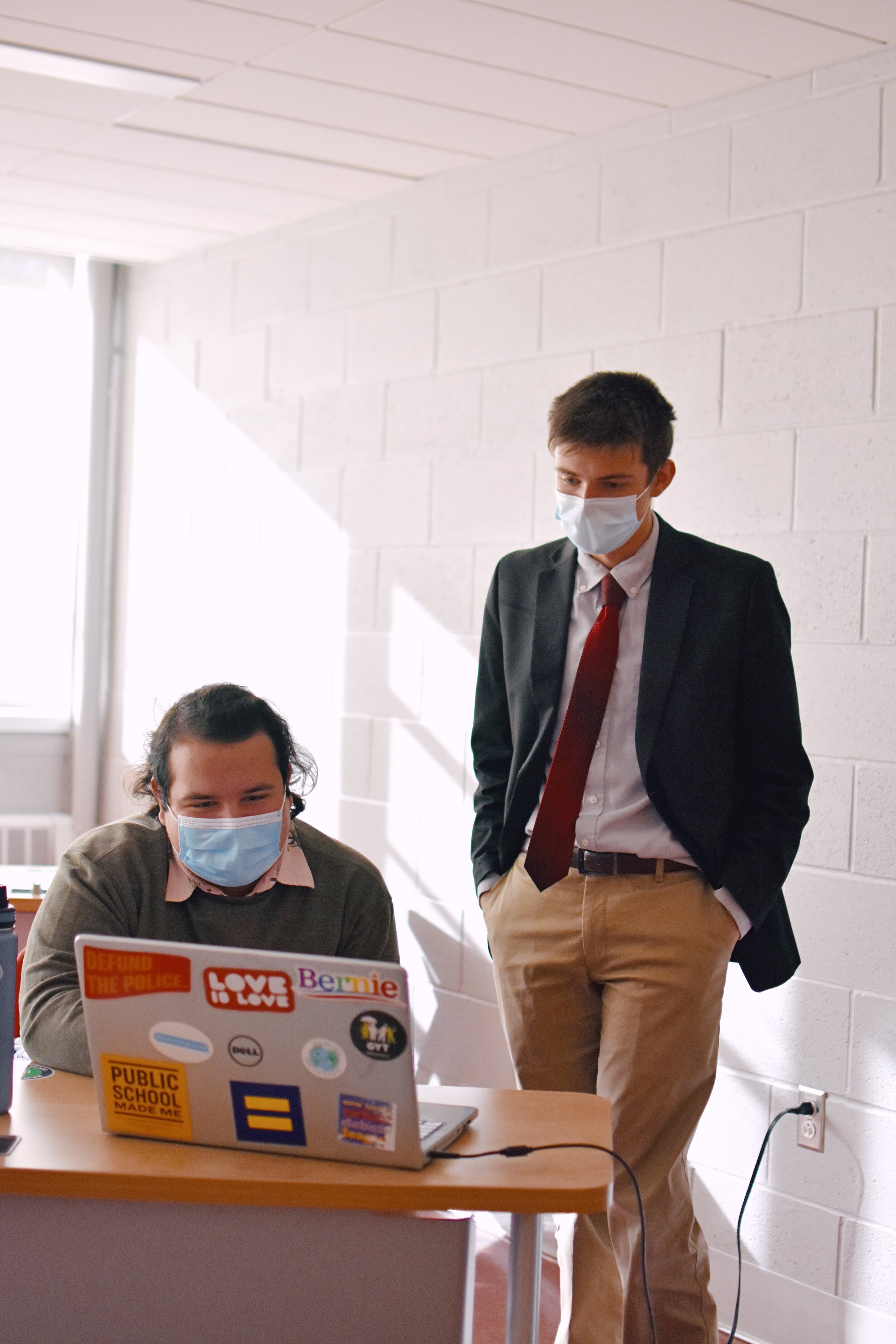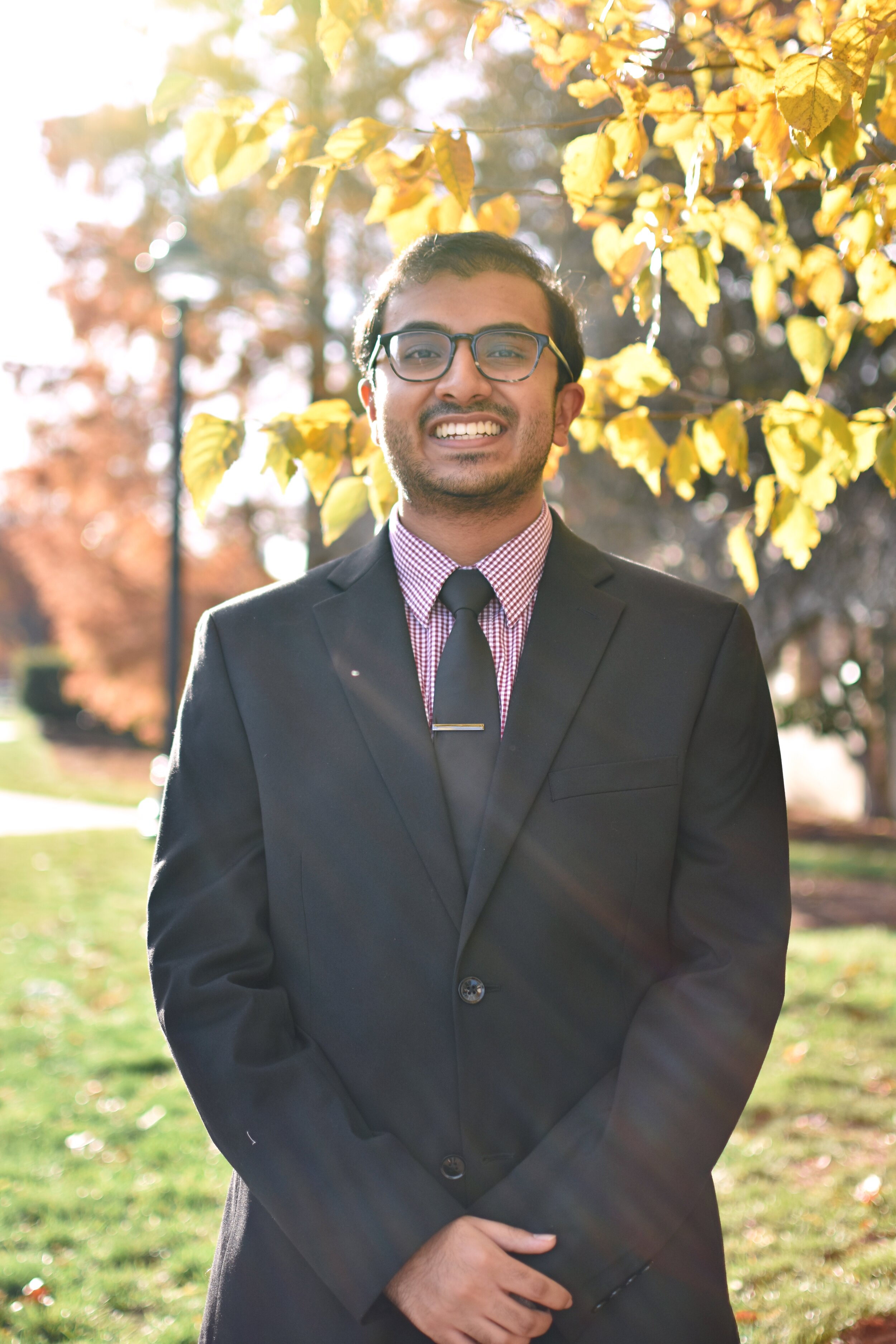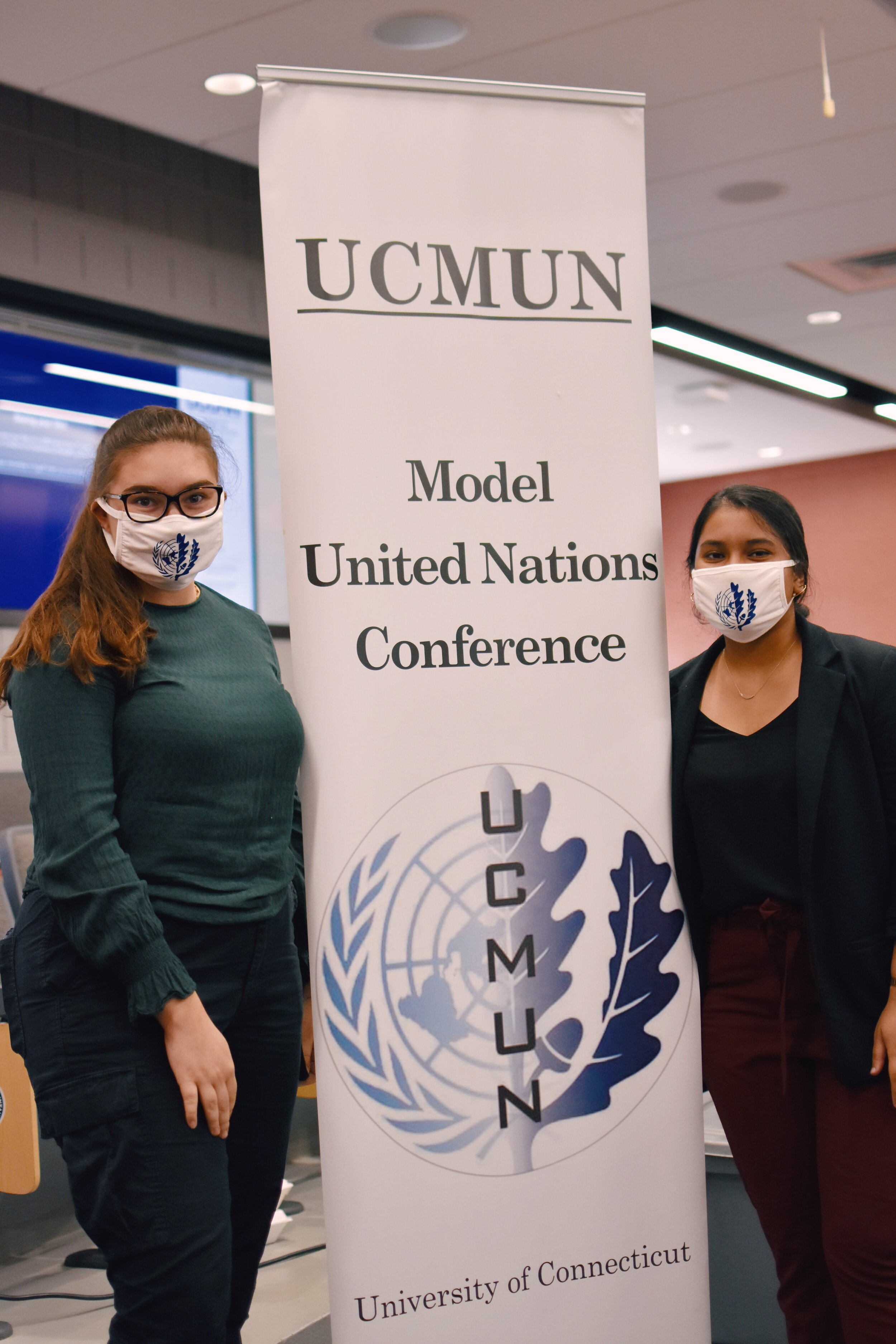Saturday, November 7, 2020
Counter Terrorism Committee
Pakistan’s notion to open a moderated five minute caucus, with 45 sec speaking time on the topic of finding funding for the proposed resolution.
Despite understanding that the issue of financing is essential, Ukraine calls to focus more so on solutions that can be implemented, as there is always going to be a fiscal solution, but in order to successfully come up with a funding plan, there needs to be an understanding of what is going to be funded.
Afghanistan chimes in on Ukraine’s call by agreeing that solutions must be tacked, however since funding is a complex issue, it must be discussed in a complex way. With that being said, Afghanistan claims that they believe funding is a priority and should be emphasized.
Russia takes a stand alongside Ukraine by in agreement that a resolution needs to be passed before funding is discussed,
With an individualistic approach, Iran makes a point, in addition to Russia’s statement, that each nation has their separate problems, therefore each country needs their own separate plan.
Leading in to a greater discussion on border security, Pakistan notes that the counsel needs to create a general solution for funding, or at least a general outline, which would be a great start on how to figure out how the delegates will create a solution for narco-terrorism.
Pakistan demonstrates that effective and better border security is a great solution for narco terrorism, as it will ensure that terrorist groups will not be able to spread, and limit the amount of area that terrorist can travel. Pakistan makes mention that Afghanistan and themselves have underdeveloped border security.
Following Pakistan’s speaking time, Iran notes that they have applied borders to prevent threat and drug smuggling. Iran, also, insists on more training to enforce border security.
There was a brief moment of technical difficulties with Iran, therefore the debate moved to a broadcast.
Adding spark to the conversation, the United States claims that the delegates, specifically Colombia, and Afghanistan, have left details out of the conversation. The United States claims that both these nations have colluded with terrorist organizations and are corrupted “at their heart”. Furthermore, discussing how Colombia has experienced similar issues as like Iraq, and would like to see Iran step up to the plate on the acts of terrorism that has came out of Iran, and take responsibility.
Following the United States, Ukraine makes note of the importance to stabilize large areas that have been taken by narco- terrorist groups.Insists on creating a multi-step plan that will take over a year to fully enact, however is comprehensive and long-term.
Yemen reinforces the motion set forth by Ukraine.
Afghanistan to Ukraine: agrees with both statements by Pakistan and Ukraine on border security. Notes that there are two parts of stabilizing border security which are 1.) Immediate action (training, immediate stabilizations) and lasting institutions (diminishing terrorisn, economic and social developments).
Afghanistan to United States: “The United States has contributed to many narco- terrorism and military interventions in third world nations. In addition, the United States actually loses money if narco-terrorism is stabilize. We are no up to negotiating terrorism as of right now”
Colombia to the United States: “None of the claims made by the United States have been backed up by any evidence (Right of Reply). The United States has claimed that Colombia is corrupt, yet has no evidence. On the other hand there is evidence of government corruption in the United States. There is no need to point fingers as the goal is to find a solution”.
Commission on Crime Prevention and Criminal Justice
China makes a claim that economic aid to developing countries, while also boosting technology and internet access as a means to prevent future cyberhacking.
Mexico: “The internet connects the world, thus improving the internet is vital. Education is another important aspect, as well. There is a lack of educational infrastructure in Mexico. Cybercrime is like a train, if one link is weak, the whole train will fail”.
Following the motions set forth by China and Mexico, the United States states their recognition of the educational system receiving minimal funding as it is. The United States would like to work with other delegates in improving education. On the other hand, the United States claims that there is a false stigma that says that spending incredible amounts of money for training is what is beneficial, however the act can be simple. Therefore, simple steps can be beneficial for delegates in under developed countries.
France to the United States: “There are still costs even if they are simple steps”
The United States declares that it is more than willing to provide funding for educational programs and facilities for underdeveloped countries as the United States believes it is vital, however this can only be achieved as long as we are at the same independent body, and these underdeveloped countries are willing to keep up these programs that the United States is funding.
United Kingdom- “We can easily bring ideas set forth by the delegates in order to reach a solution”
In response, Canada believes that due to the actions of China and their involvement in Cybercrime, and how it is cause for concern to be working alongside them, in order to reach a solution.
Russia to Canada: “We are not helping ourselves by working against one another”.
United Nations High Commissioner for Refugees
Nigeria: “We must provide training, contraceptives and cleaning mechanics to make sure women and children are kept safe”
The Central African Government notes at these refugee camps, there are many women and children struggling to meet their needs. They note that the children have no ability to access stable health care and mental health resources, which decrease their quality of life. The Central African Government insists on increasing the access of resources, including access to mental health professionals and physicians, in order to increase quality of life.
Later in the debate, Honduras made a statement staging that it is not the sole responsibility for women to take care of other women, and that the responsibility is distributed to all.
The United States speaks on their behalf claiming that they recognize the issue of refugee camps, however they cannot take everyone in. Instead, they are willing to distribute aid under the pretense that countries will designate why the aid is needed and what the aid is being used for, in order to make sure that the funding is not going toward corrupt politicians.
The Democratic Republic of Congo focused on preserving the health and safety of children, as there are many small children in danger in these camps.These children are growing up in these camps and will indefinitely need help in the future.
--A 6 minute moderated caucus, with 1 minute speaking time on the sanitation of the refugee camps is set in motion--
Nigeria: “Imagine for one second that you are in a room, not a very big room, and surrounded by other people. In this room, there are no bathrooms or showers. Nothing. Living with eachothers’ feces. If you find this environment disgusting, then you should know this is the life of every single refugee in these camps, which is why I am working on a paper to develop a solution to this, and make sure that these camps are sanitary, especially with the prevalence of COVID-19 and Malaria”.
The Central African Government makes it clear that sanitation in refugee camps are of utmost importance, especially when it comes to children who are susceptible to diseases like COVID and Malaria. In addition, the Central African Government believes that it is important to protect future workforce.
In regards to humanitarian aid, the United States declares that since the fiscal year of 2020 has begun, that humanitarian aid has been raised, and that the United States is putting their efforts into these countries.
Domocratic Republic of Congo: “Personally, we believe that the sanitation of water is important. Unsanitary water can lead to a lot of diseases that can be difficult to deal with, on top of COVID-19. Setting up clean water wells and toiletries for people to use will lead to cleaner water.”
Social, Cultural and Humanitarian Affairs
--The topic is Climate Vulnerability as it pertains to humanitarian aid--
Lithuania believes that as climate vulnerability exasperates, committees must focus on underdeveloped countries and climate change, so that their issues won’t be increased due to climate change.
Iraq: “Climate change has a tremendous impact on agriculture, especially in developing nations. With that being said, a resolution will help preserve food consumption.”
In agreement with Lithuania and Iraq, Somalia makes mention of how the country is experiencing famine due to inconsistent rain falls.
Kenya: “Climate change is causing a humanitarian crisis due to displacement as people evacuate into different countries.”
In the unmoderated counsel group, it is decided among delegates to work on specific parts of the paper that each country is passionate about. It is decided that each country will focused on:
Somalia: Use of Agriculture and Climate Change
Kenya: Indigenous populations
Iraq: Water and Agriculture
Nepal: National system to forecast, warn residents of events, and evacuate those areas.
Lithuania: Collaboration with other countries (EU), and how countries can lower their greenhouse gas emissions.
Iraq makes a reminder to delegates to encourage renewable and sustainable resources, should not hinder the economy in developing countries.
United Nations Security Council
--The topic at hand is related to directive to disciplinary action (Military Intervention)--
France: “It is useful to be prepared in the case of escalation. Therefore, a military coalition is necessary and should be considered”.
China makes a statement claiming they are not comfortable with military coalitions and do not see how it will help calm tensions. In addition, China mentions that both countries (India and Pakistan) are very close to China, therefore any intervention will cause conflict.
Russia: “Russia is not in support of invasion. We will not invade India. Diplomacy should rule.”
Tunisia agrees with Russia and states that the delegates should remain as an unbiased community to offer resources. Any interference could deter countries from seeking peaceful resolutions and inquiries.
United States: “If we wait, they won’t fear our directory. If Diplomacy is the only action, then it simply won’t work. We need a threat to calm tension.”
--The topic is the disappearance of a road scientist--
Russia makes a statement saying that the scientist is in Russia, and they do not want to call the United Kingdom. Russia does not appreciate other countries impeding on their sovereignty, and holding their own investigations as this is a Russian investigation.
The United Kingdom claims that there is sufficient evidence that Russia gave the scientist more than 25 million dollars to fly him to Russia. The United Kingdom then states that Russia rejected all actions of diplomacy and peace when they militarized their borders, even after Russia stated that the disappearance was their (United Kingdom) issue.
In an effort to remain neutral in discussion, the United States is sending full intelligence support to Russia and the United Kingdom to help out in investigations.
In regards to the United Kingdom, China makes a claim that the United Kingdom wasn’t operating in a secure way to protect scientists and information.
South Africa: “There is no time for blame. The goal should be to find the nuclear scientist before he tries to create nuclear weapons, start a war, and the human population goes down as a result.”
United Nations International Children’s Fund
The topic is Border Security
Nigeria: “Our borders are not up to date. We have definitely considered improving our borders, however we did not have enough funding. We should advocate for more effective borders because this could possibly be a step toward shutting down international trafficking”.
Mexico follows up with an idea of incentivizing patrol officers based on the number of traffickers released.
In response to Mexico’s idea, Russia dismisses the idea by stating that rewarding will result in corruption. The issue at hand is that Russia does not want the possibility of officers at the border to make a mistake and increase incidents of trafficking, which is possible if they are incentivized.
India: “India agrees that incentivizing can lead to corruption, and that even so, border control must understand that it is their job to protect the border. Instead, India will recommend a stronger law enforcement in order to reduce instances of trafficking.


